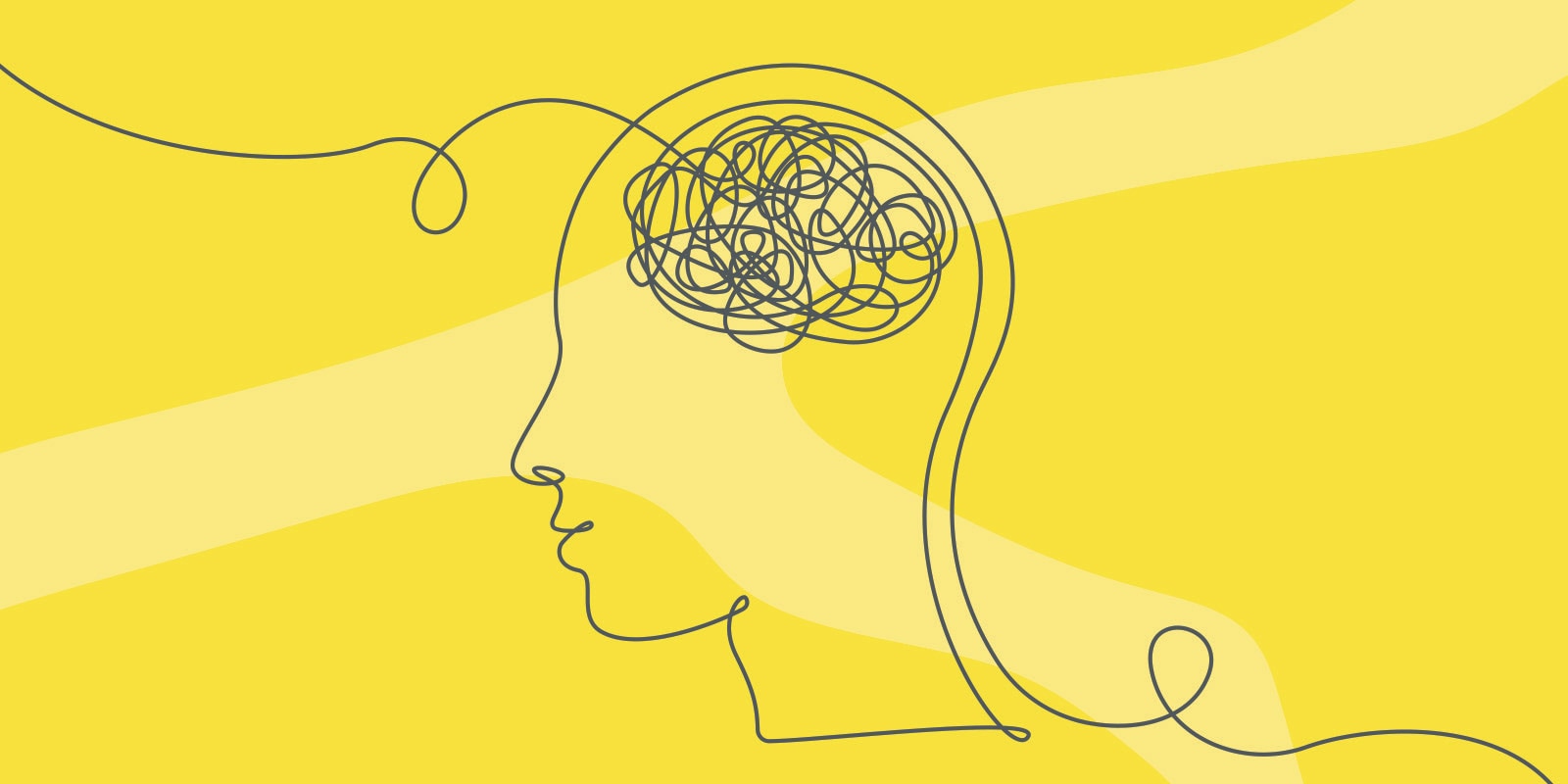Pearson acquires therapeutic technology for individuals with ADHD
How do you stay up to date in your field? Our team of experts, authors, and specialists contribute regularly to our profession-specific blogs, keeping you informed of the latest industry trends, news, and innovations. Dive in below and check back often, as new content is added weekly.
The landscape of mental health care is undergoing a significant transformation, driven by the integration of digital tools. Given that less than half of the 57.8 million adults diagnosed with mental illness received mental health services in the past year, the potential for digital technologies to enhance mental health care and prevention is becoming increasingly evident. Untreated mental health conditions such as depression and anxiety can have profound long-term health, social and economic consequences, emphasizing the need for prioritizing preventive mental healthcare.
After many years of an arguably “hidden” status in schools, dyslexia has emerged as a critical concern in education thanks to parental advocacy and because of dyslexia’s far-reaching implications for a child’s well-being and educational success. However, while awareness and recognition have increased, dyslexia may still go unidentified or misidentified in elementary school classrooms.
As a speech-language pathologist (SLP), assessment professional, and parent, I’ve gained an acute appreciation for dyslexia and all the learning I’ve gathered over the decades from research, practice, and individuals/families. Yet, I continue to learn that many professionals still may not be comfortable identifying common symptoms which indicate the need for assessment and will open the door to effective support and growth.
As educators settle into their routines with the new school year well underway, I think daily about supporting teachers who often notice behaviors and student performance before anyone else. While I encourage all my fellow SLPs to step into the classroom and listen to teacher assessments often, I also want to encourage our classroom teacher colleagues (and the rest of the educational team). Here are some of the indicators that can help identify students who may have dyslexia so they can get the support they need to succeed in school and beyond.
Read more
Growth scale values (GSVs) have gained traction as a more precise option for measuring outcomes in clinical trials.
Read more
If you attended the 2024 ADHD Virtual Summit, you likely watched the ADHD Evidence Project Presentation by Dr. Stephen Faraone. Dr. Faraone is clinical psychologist, professor in the Department of Psychiatry at SUNY Upstate Medical University, and President of the World Federation of ADHD.
Read moreIn simple terms, the WAIS®-5 is the best test we've ever produced in the cognitive line in so many ways. There are many updates test users are going to be excited about.
Read more



